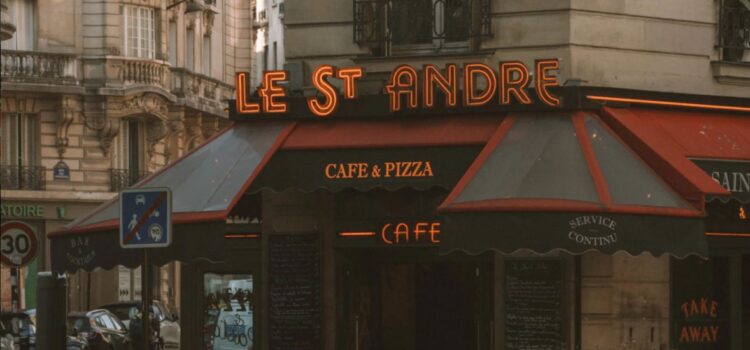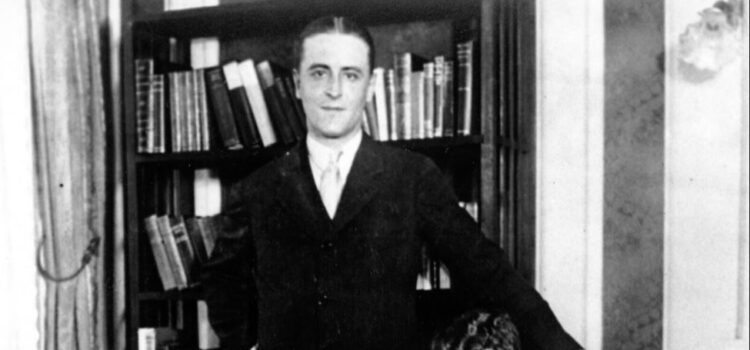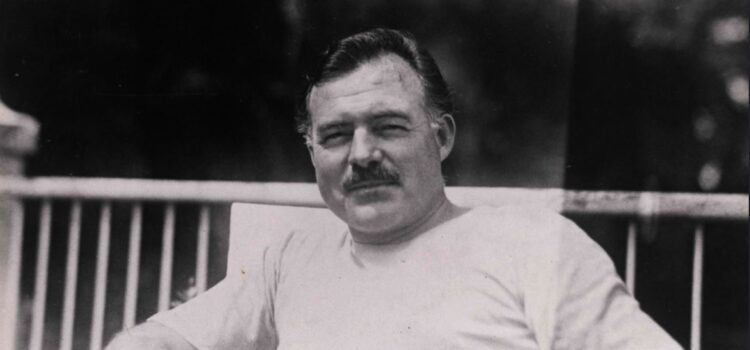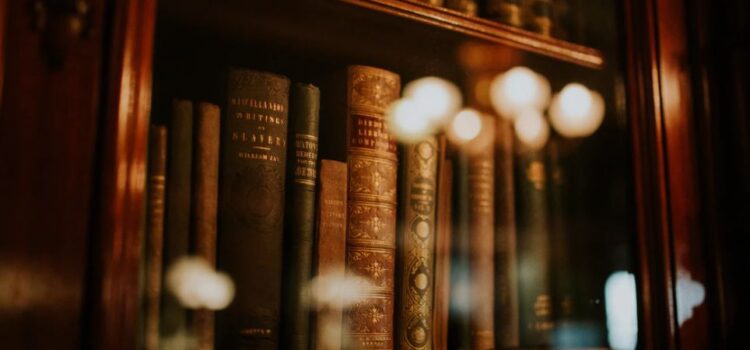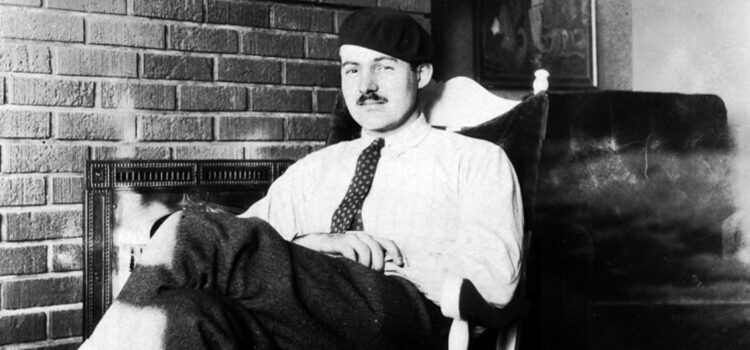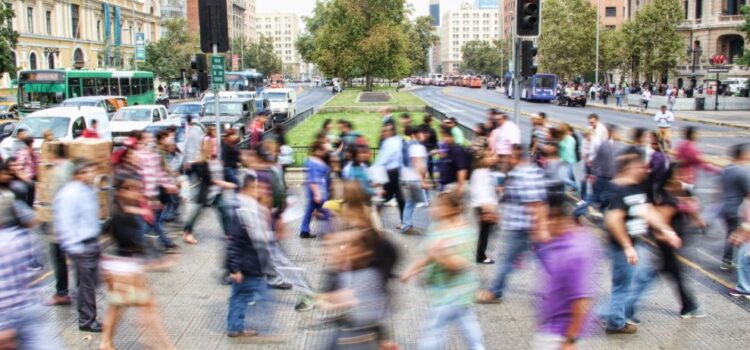Who were Ernest Hemingway’s friends in Paris? What was his relationship like with each of these people? In his memoir, Ernest Hemingway describes the friends and acquaintances he made while living in Paris in the 1920s. He knew many of the famous writers and poets in the area which Gertrude Stein nicknamed the “Lost Generation.” The following recollections are taken from his memoir A Moveable Feast.
The Lost Generation: Ernest Hemingway’s Friends
